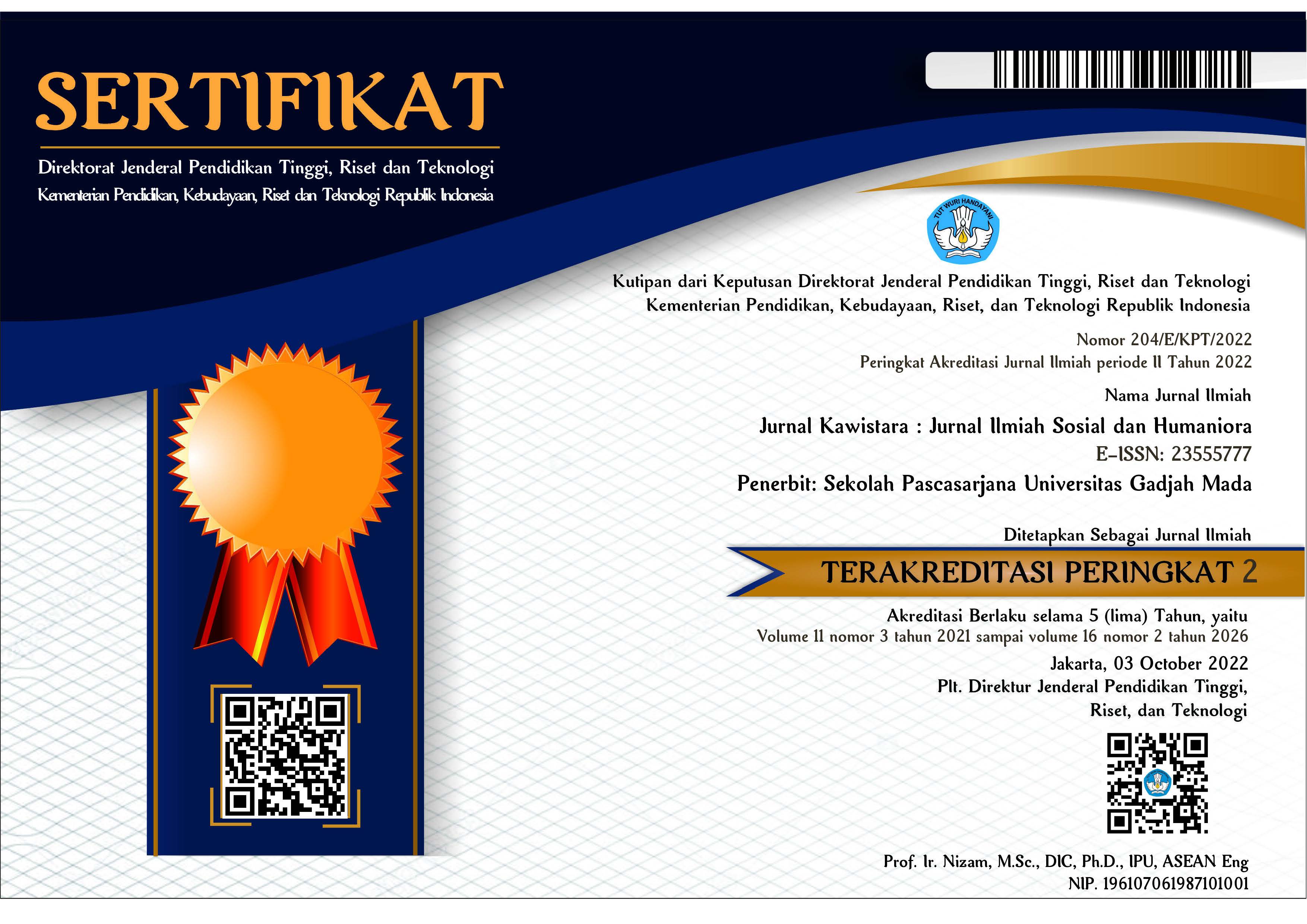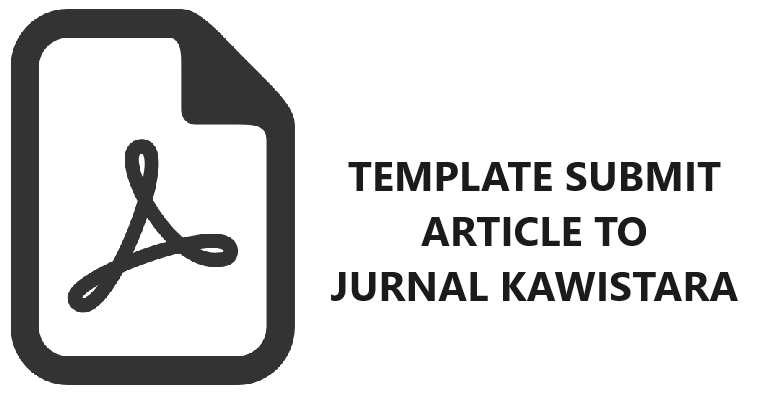TREN PEMIKIRAN INTELEKTUAL MUSLIM KONTEMPORER DI TIMUR TENGAH PASCA-DIFITISME 1967
Yoyo Yoyo(1*)
(1) Minat Studi Kajian Timur Tengah Program Studi Agama dan Lintas Budaya Sekolah Pascasarjana Universitas Gadjah Mada
(*) Corresponding Author
Abstract
This article is an effort to make a clear map on contemporary Muslim intellectuals in the Middle East after the Arab defeat in 1967. The Six-Day War took place in June 1967 was a disaster for the Arab world. It ended the ideology of Pan-Arab nationalism and encouraged the rise of four compating self-criticism ideologies: Marxism, Liberalism, Fundamentalism and Nationalism. The four ideologies have their own particular responses and solutions to the Arab crisis. The result of this research shows that Islamic fundamentalism is still the strongest ideology compared to the secular ideologies. The Arab Spring in 2011 proved the fact and paved a way for the Islmists to become dominant in the political arena, as recently shown in Egypt. The other Islamist militant groups, such as Jama’ah Islamiyyah are now more free to promote the implementation of Islamic syari’ah.
Keywords
Muslim intellectuals; the Arab defeat; and self-criticism ideologies;
Full Text:
PDFArticle Metrics
Refbacks
- There are currently no refbacks.
Copyright (c)
Jurnal Kawistara is published by the Graduate School, Universitas Gadjah Mada.











